News
-
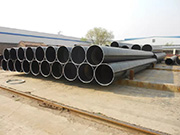
Welding treatment of thick-walled spiral steel pipe
Thick-walled spiral steel pipe is a method of arc welding under the flux layer, which is formed by using the heat generated by the arc burning between the flux and the welding wire under the flux layer, the base metal, and the melting wire flux. In the process of use, the prin...Read more -
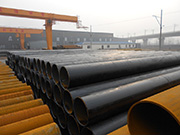
Quenching technology of straight seam welded steel pipe
The surface quenching and tempering heat treatment of straight seam welded steel pipe is usually carried out by induction heating or flame heating. The main technical parameters are surface hardness, local hardness, and effective hardened layer depth. Vickers hardness tester c...Read more -
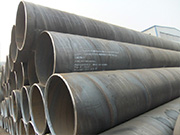
Hardness index of anti-corrosion spiral steel pipe
The ability of metal materials to resist the indentation of the surface of hard objects is called hardness according to different test methods and application ranges. The hardness can be divided into Vickers hardness, Shore hardness, Brinell hardness, Rockwell hardness, microh...Read more -
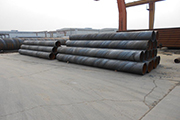
The problem of uneven thickness of the anti-corrosion coating of the spiral steel pipe and the treatment method
Spiral steel pipes are mainly used as fluid pipes and piling pipes. After the steel pipes are made, if they are used for running water, they will generally be treated with anti-corrosion on the inner or outer surface. The general anti-corrosion includes 3pe anti-corrosion, epo...Read more -
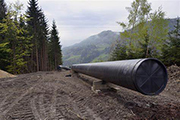
What are the factors that affect the performance of the steel pipeline
Factors that degrade pipe materials or affect their function include pH, soil and water resistivity, abrasion resistance, chloride, sulfate or acid corrosion, fire resistance, crack propagation and oxidation of thermoplastics and electrochemistry of steel corrosion. The above ...Read more -
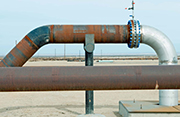
How to clean the dirt in the steel pipe
There are three ways to clean the substances in the steel pipeline. Internal cleaning method of pipeline 1. Chemical cleaning The chemical cleaning pipeline is to use chemical agents to temporarily transform the pipeline. The temporary pipeline and the circulating pump station...Read more -
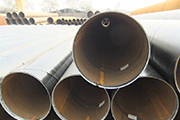
Safety protection in the construction of anti-corrosion steel pipe
At present, the more commonly used steel pipes are anti-corrosion steel pipes. There are mainly 3PE anti-corrosion steel pipes, TEPE anti-corrosion steel pipes, epoxy resin anti-corrosion steel pipes, etc. So, what should be paid attention to during the construction of anti-co...Read more -
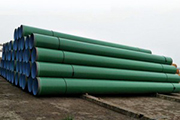
Product advantages of anti-corrosion steel pipe
1. Combine the mechanical strength of steel pipes and the corrosion resistance of plastics; 2. The outer wall coating is more than 2.5mm, resistant to scratches and bumps; 3. The friction coefficient of the inner wall is small, 0.0081-0.091, which reduces energy consumption; 4...Read more -
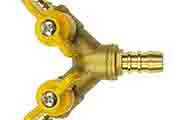
Connection method of the natural gas three-way valve
1. The two outlet pipes with valves are connected to gas-consuming devices (such as gas stoves, barbecue stoves, water heaters, heaters, etc.). The rest is the inlet of the intake pipe, which should be connected to the inlet pipe of the pipeline gas meter or the pressure-reduc...Read more

